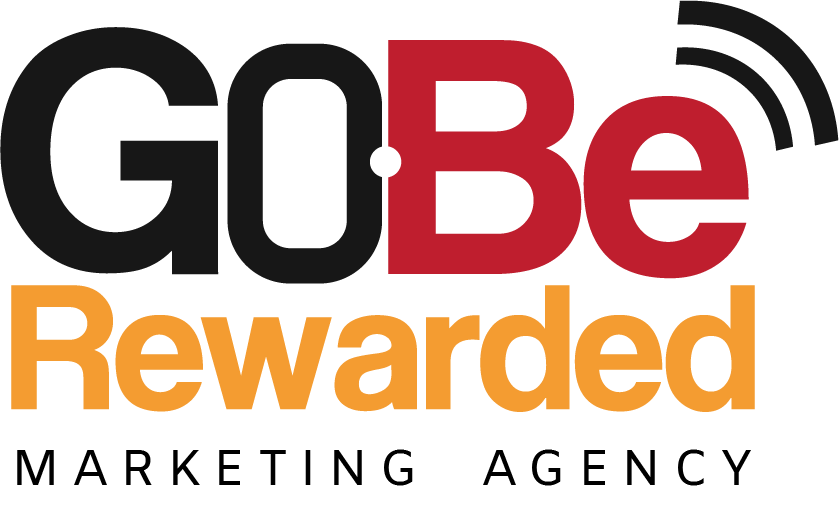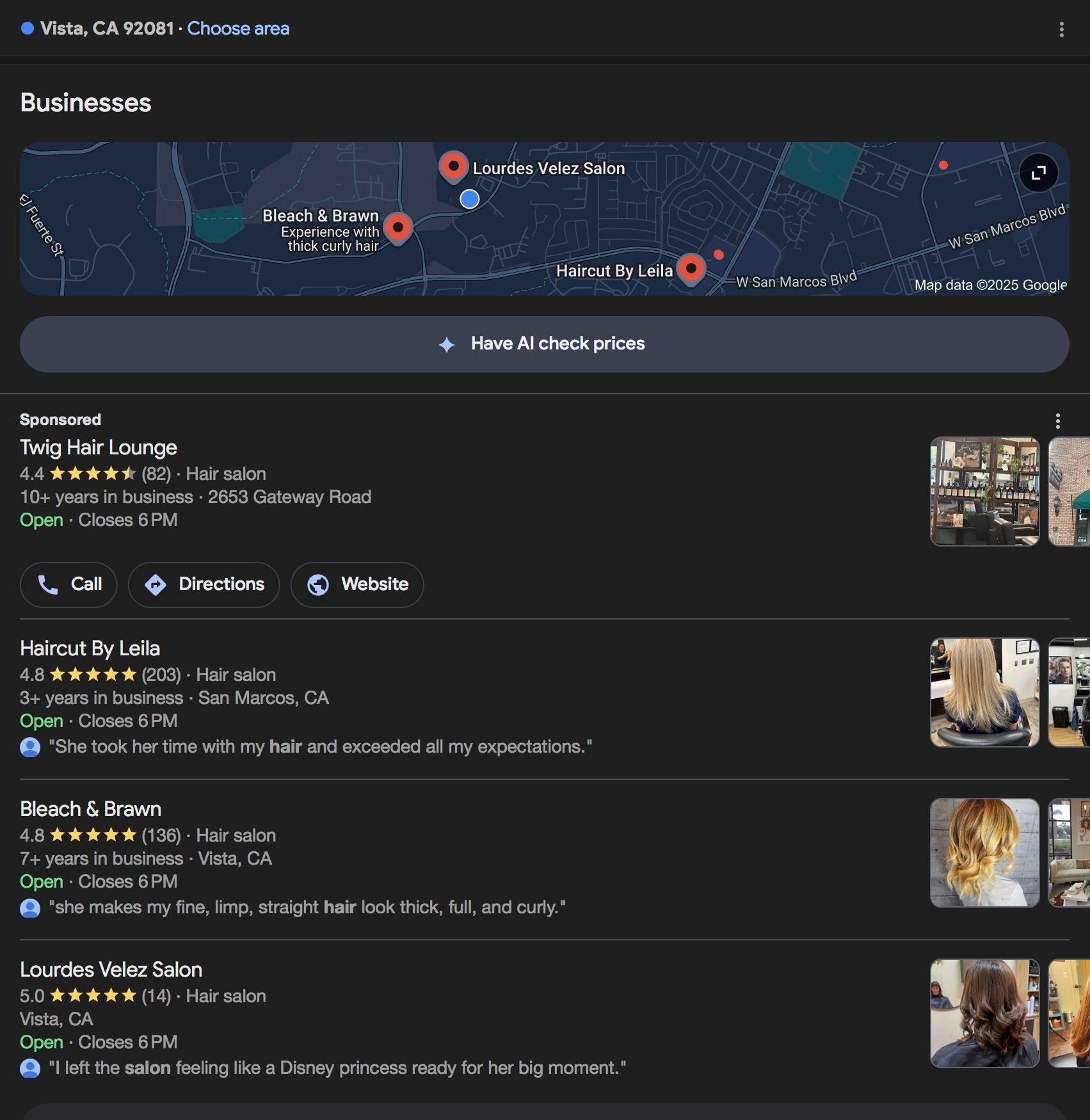How to Choose the Right Marketing Agency Near You: A Comprehensive Guide
Your Ultimate Guide to Choosing the Right Marketing Agency: From Assessing Your Business Needs to Managing the Relationship.
Importance of Choosing the Right Marketing Agency for Small and Medium-sized Businesses
As a small or medium-sized business owner, choosing the right marketing agency can be critical to your success. A marketing agency can help you reach your target audience and achieve your business goals by developing and executing effective marketing strategies. The right marketing agency can make a significant difference in your business's growth and success. However, choosing the wrong marketing agency can lead to wasted time, money, and resources. In this comprehensive guide, we will help you choose the right marketing agency for your business by providing practical tips and strategies to assess your business needs, research potential marketing agencies, evaluate agencies, request proposals, negotiate terms, manage the relationship, and continuously improve your marketing strategy.
Overview of the Guide
In this guide, we will cover the essential steps to choose the right marketing agency near you. First, we will explain the importance of assessing your business needs and goals, including identifying your target audience, defining your budget for marketing services, and aligning your marketing objectives with your business goals. Second, we will provide strategies for researching potential marketing agencies, including asking for referrals, searching online, and checking reviews and ratings. Third, we will explain how to evaluate the agency's track record and reputation, online presence and social media engagement, team and expertise, and approach to marketing. Fourth, we will explain how to request a proposal from the agency, review their portfolio, and compare proposals from different agencies to determine which offers the best value for money. Fifth, we will discuss how to negotiate terms and set clear expectations and goals, including discussing the terms of the agreement, setting metrics for measuring success, and agreeing on the timeline and milestones. Sixth, we will provide strategies for managing the relationship with the agency, including setting up regular communication and reporting, ensuring ethical and legal standards are met, providing feedback and making adjustments, and celebrating successes. Seventh, we will explain how to stay current and continuously improve your marketing strategy by staying up-to-date with the latest marketing trends and technologies and continuously improving your marketing tactics. Finally, we will summarize the key takeaways and recommendations for choosing the right marketing agency for your business.
Assess Your Business Needs and Goals
Identifying Your Target Audience and Marketing Channels
Before choosing a marketing agency, it's crucial to identify your target audience and determine which marketing channels they use the most. Conducting market research can help you determine your target audience's demographics, interests, and behaviors. Understanding your target audience can help you develop effective marketing strategies that resonate with them. Once you've identified your target audience, determine which marketing channels they use the most. For example, if your target audience is millennials, social media platforms like Instagram and TikTok may be effective marketing channels. If your target audience is professionals, LinkedIn may be a better marketing channel.
Defining Your Budget for Marketing Services
Determining how much you can afford to spend on marketing services is an essential step in choosing the right marketing agency. Allocating your budget to the marketing channels that will provide the best ROI is critical. For example, if your target audience uses social media platforms like Facebook and Instagram the most, allocating your budget to social media advertising may be a wise decision. If your target audience is primarily located in a particular geographic area, local search engine optimization (SEO) may be a good investment. Remember, the goal is not to spend the most money but to invest in the marketing channels that will provide the best return on investment (ROI).
Understanding Your Business Goals
Setting specific, measurable, achievable, relevant, and time-bound (SMART) goals is critical to achieving your business goals. Your marketing objectives should align with your business goals. For example, if your business goal is to increase sales by 20%, your marketing objective might be to generate more leads through email marketing or social media advertising. By aligning your marketing objectives with your business goals, you can ensure that your marketing efforts are contributing to your business's overall success.
Research Potential Marketing Agencies
Asking for Referrals
One of the best ways to find a reputable marketing agency is by asking other business owners in your industry for recommendations. Word-of-mouth referrals can be powerful, as you can trust the recommendation from someone who has worked with the agency before. Ask for referrals from other business owners in your network, industry associations, or chambers of commerce.
Searching Online
Searching online can be an effective way to find marketing agencies in your area. Use search engines like Google to search for marketing agencies in your city or town. You can also check industry directories and listings, such as the American Marketing Association's directory of marketing agencies.
Checking Reviews and Ratings
Reading online reviews on websites like Google, Yelp, and Clutch can give you a good idea of the agency's reputation and customer satisfaction. You can also check the agency's rating on the Better Business Bureau (BBB) website. Checking reviews and ratings can help you narrow down your list of potential marketing agencies.
Evaluate the Agency
Review Track Record and Reputation
Reviewing the agency's portfolio can give you a good idea of their past work and the types of businesses they have worked with. Look for case studies or testimonials from previous clients to see how effective their marketing strategies were. Check the agency's reputation by researching them online and checking their rating on the BBB.
Check Online Presence and Social Media Engagement
Checking the agency's website for quality and relevance is essential. Look for a well-designed and informative website that showcases the agency's services and expertise. Review their social media profiles for engagement and content quality. An agency that is active on social media and provides valuable content to its followers is likely to be more effective in their marketing strategies.
Examine the Agency's Team and Expertise
Review the agency's team page to see their qualifications and experience. Look for agencies that have a team with diverse skills and expertise in different areas of marketing, such as SEO, social media, content marketing, and email marketing. Ask the agency about their team's areas of expertise and experience working with businesses in your industry.
Understand Their Approach to Marketing
Ask the agency about their marketing approach and philosophy. Look for agencies that use data-driven and results-oriented marketing strategies. An agency that conducts thorough market research, analyzes data, and continuously optimizes its marketing campaigns is likely to be more effective in achieving your marketing objectives.
Request a Proposal and Compare
Meeting with the Agency's Team and Reviewing Their Portfolio
Schedule a meeting or call with the agency to discuss your needs and ask any questions you may have. Ask the agency to show examples of their past work and discuss their approach to marketing.
Requesting a Proposal from the Agency
Provide the agency with a clear brief outlining your needs, budget, and marketing objectives. Ask the agency to provide a detailed proposal with pricing and timelines for each deliverable.
Comparing Proposals from Different Agencies
Evaluate each proposal based on your needs and budget. Look for agencies that offer the best value for money and can deliver the results you need. Consider the agency's experience, expertise, and track record in your industry when making your decision.
Negotiate Terms and Set Expectations
Discussing Terms of Agreement
Clarify the scope of work and deliverables in the agreement. Discuss payment terms and timelines, including how and when payments will be made.
Setting Clear Expectations and Goals
Clarify the goals and objectives of the marketing campaign. Agree on the metrics for measuring success, such as website traffic, lead generation, or sales. Ensure that the metrics align with your business goals and are measurable and achievable.
Defining Metrics for Measuring Success
Choose metrics that align with your business goals and are relevant to the marketing campaign. Determine how you will measure the success of each metric, such as using Google Analytics or a CRM system. Agree on the frequency of reporting and how the results will be communicated.
Discussing Timeline and Milestones
Agree on a timeline for the marketing campaign and set milestones for each deliverable. Determine check-in points and review the progress of the campaign regularly. Agree on how changes to the campaign will be made if necessary.
Manage the Relationship
Setting Up Regular Communication and Reporting
Agree on a communication schedule that works for both parties. Set up regular reporting and check-ins to discuss progress and any issues that arise. Provide feedback to the agency on their work and be open to making adjustments to the campaign as needed.
Ensuring Ethical and Legal Standards are Met
Ensure the agency follows ethical and legal guidelines for marketing. Review all marketing materials before they are published to ensure they are accurate and truthful. Protect your business's reputation and avoid any legal issues by working with an agency that adheres to ethical and legal standards.
Providing Feedback and Making Adjustments
Provide feedback to the agency on their work, both positive and constructive. Be open to making adjustments to the campaign as needed. A good agency will listen to your feedback and work with you to improve the campaign's effectiveness.
Celebrating Successes and Building a Long-term Partnership
Celebrate successes and milestones with the agency. Look for ways to build a long-term partnership with the agency, such as renewing the contract or working together on future projects. A strong relationship with your marketing agency can help ensure your business's long-term success.
Stay Current and Continuously Improve
Staying Up-to-date with Latest Marketing Trends and Technologies
Attend industry events and webinars to learn about new trends and technologies in marketing. Follow marketing blogs and news sources to stay informed about the latest developments in your industry. Keeping up-to-date with the latest marketing trends and technologies can help you stay ahead of the competition.
Continuously Improving Marketing Strategy and Tactics
Analyze the metrics and results of the marketing campaign regularly. Make adjustments and improvements based on the data, such as tweaking the ad copy, changing the targeting, or testing new channels. Continuously improving your marketing strategy and tactics can help you achieve better results and ROI over time.
Conclusion
Choosing the right marketing agency is critical to your business's success. To find the right agency, assess your business needs and goals, research potential marketing agencies, evaluate agencies, request proposals, negotiate terms, manage the relationship, and continuously improve your marketing strategy. Remember to set clear expectations and goals, communicate regularly, and celebrate successes. By following these steps, you can find a marketing agency that will help you achieve your business goals and grow your business over time.





